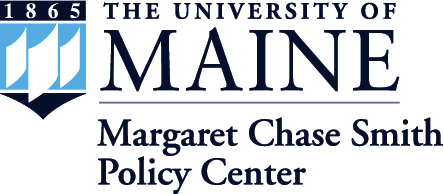Abstract
The University of Maine Flagship Match program is designed to recruit students from neighboring states and offset enrollment declines. However, language faculty retrenchment at the university a decade ago, combined with the effective double-degree programs with languages, STEM, and other subjects that other regional flagships offer and recent changes in New England’s K–12 graduation options, makes it harder for UMaine to attract high-performing students. If the university wants to compete with others in New England and attract students who focus on global professional issues, it has an opportunity it cannot afford to miss. Adapting one of the language education models other universities have successfully implemented may be the way to move forward in the twenty-first century, making the University of Maine an important regional player.
First page
17
Last page
27
Rights and Access Note
This Item is protected by copyright and/or related rights. You are free to use this Item in any way that is permitted by the copyright and related rights legislation that applies to your use. In addition, no permission is required from the rights-holder(s) for non-commercial uses. For other uses you need to obtain permission from the rights-holder(s).
DOI
https://doi.org/10.53558/YADS4072
Recommended Citation
Hoecherl-Alden, Gisela. "Twenty-First-Century Language Education at the University of Maine: A Road Map." Maine Policy Review 28.1 (2019) : 17 -27, https://digitalcommons.library.umaine.edu/mpr/vol28/iss1/4.

